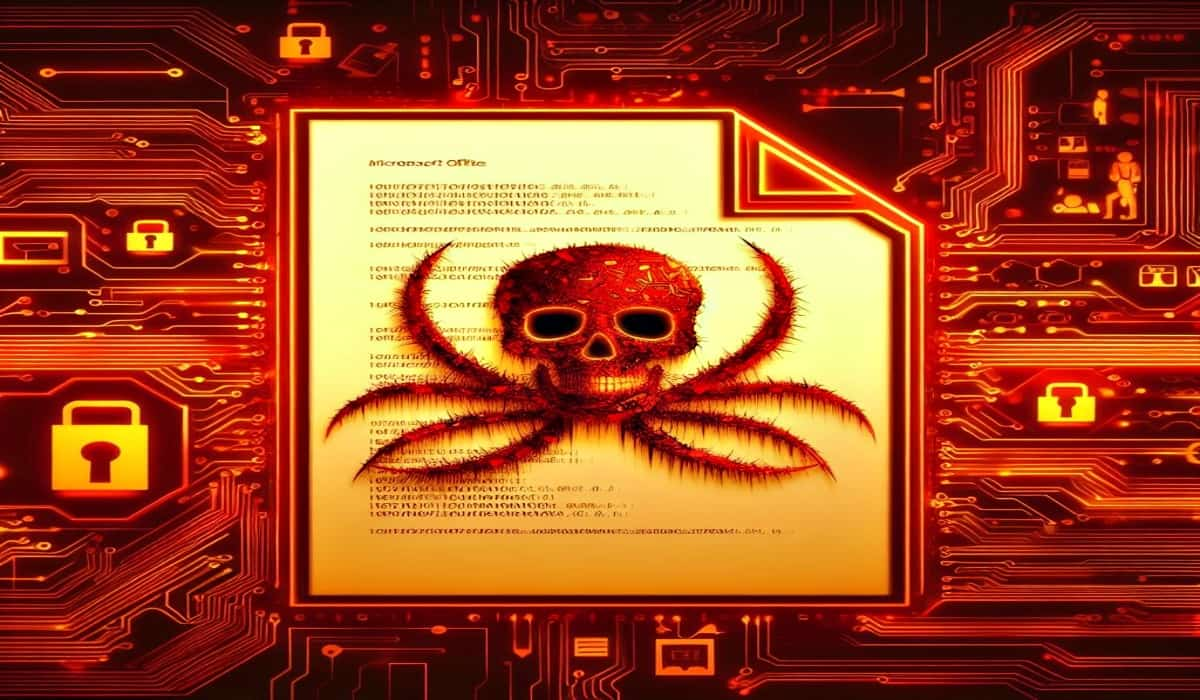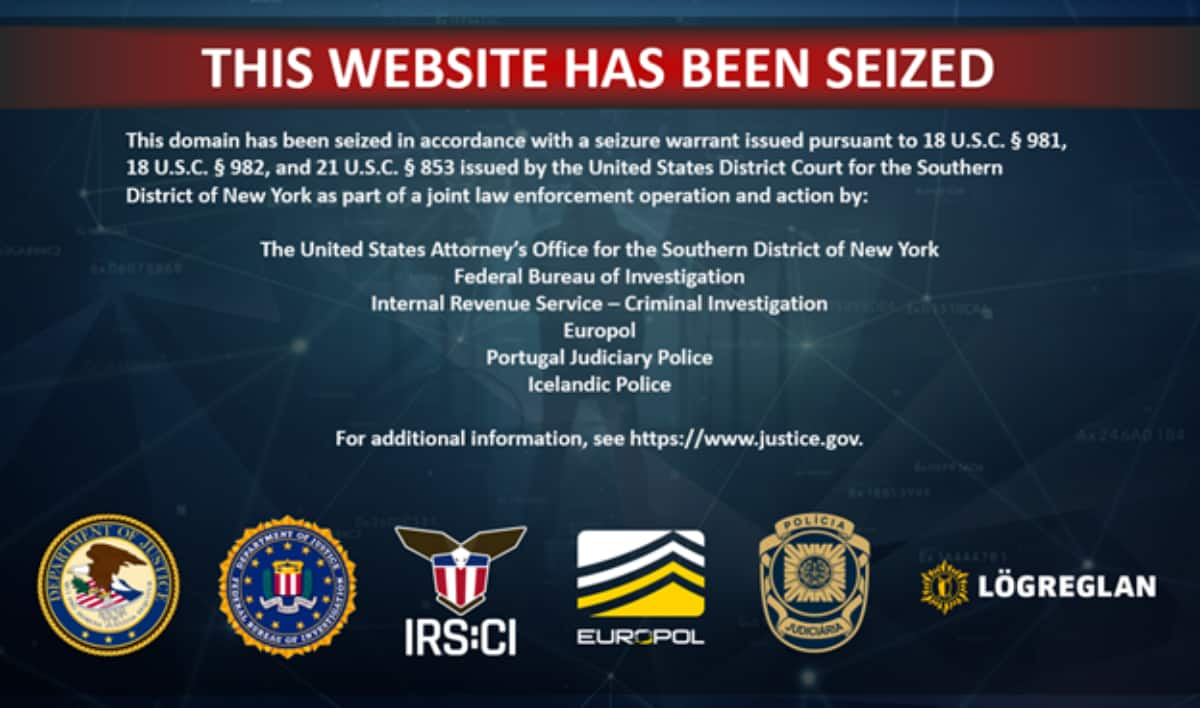BOOK THIS SPACE FOR AD
ARTICLE ADThis article has been indexed from
CySecurity News – Latest Information Security and Hacking Incidents
Most cybersecurity leaders recognize the usefulness of data, but data is merely information. What if the information you’ve been given is actually false? Or it is deception? What methods does your cybersecurity program use to determine what is real and what isn’t?
Ian Hill, Global Director of Cyber Security with Royal BAM Group defined misinformation as “inaccurate or purposely misleading information.” This might be anything from misinformation to deceptive advertising to satire carried too far. So, while disinformation isn’t meant to be destructive, it can cause harm.
The ideas, tactics, and actions used in cybersecurity and misinformation attacks are very similar. Misinformation takes advantage of our cognitive biases and logical fallacies, whereas cyberattacks target computer systems. Information that has been distorted, miscontextualized, misappropriated, deep fakes, and cheap fakes are all used in misinformation attacks. To wreak even more harm, nefarious individuals combine both attacks.
Misinformation has the potential to be more damaging than viruses, worms, and other malware. Individuals, governments, society, and corporations can all be harmed by misinformation operations to deceive and damage people.
The attention economy and advertisement-centric business models to launch a sophisticated misinformation campaign that floods the information channels the truth at unprecedented speed and scale. Understan
[…]
Content was cut in order to protect the source.Please visit the source for the rest of the article.
Read the original article:
.png)

















 Bengali (Bangladesh) ·
Bengali (Bangladesh) ·  English (United States) ·
English (United States) ·